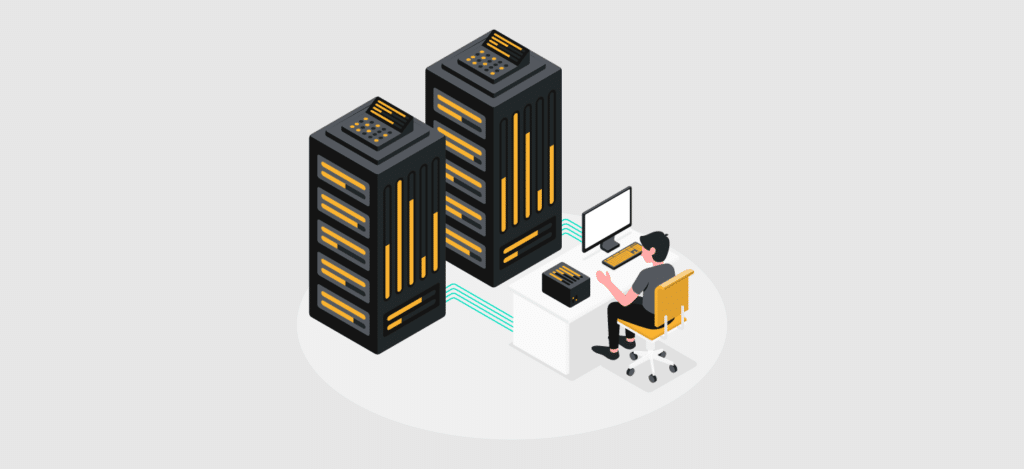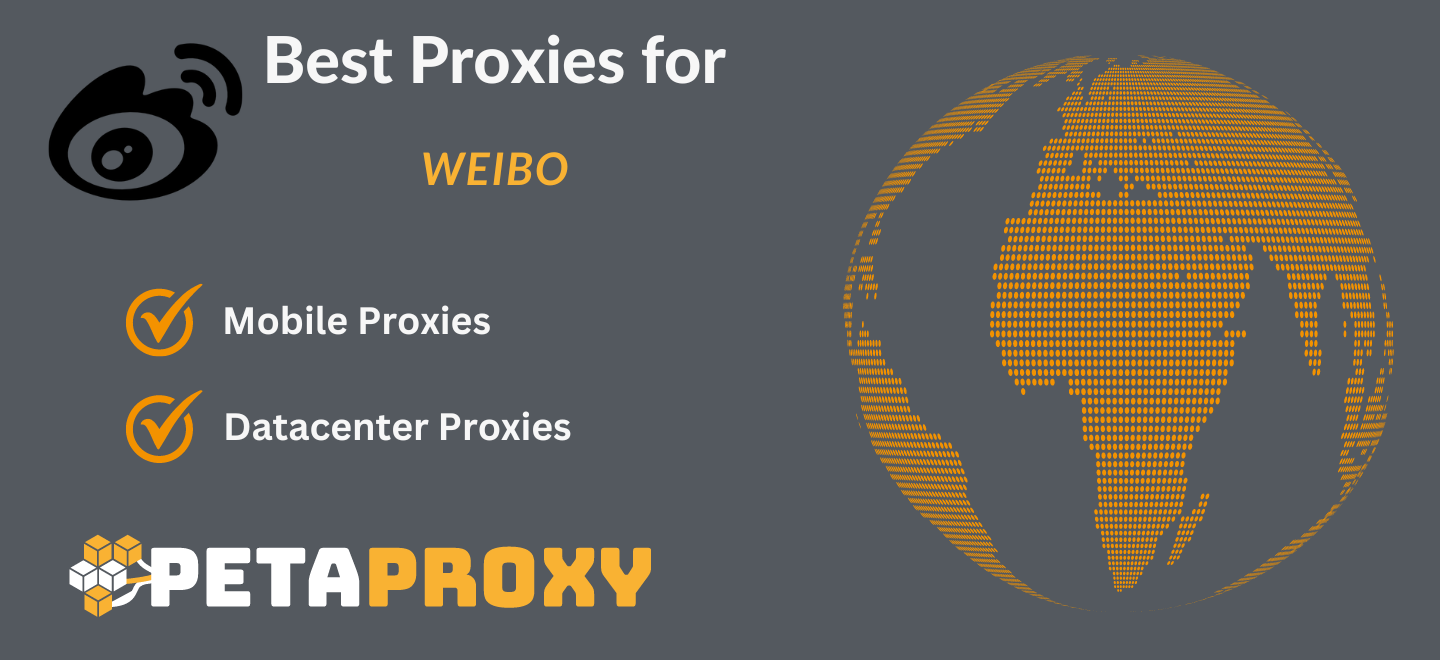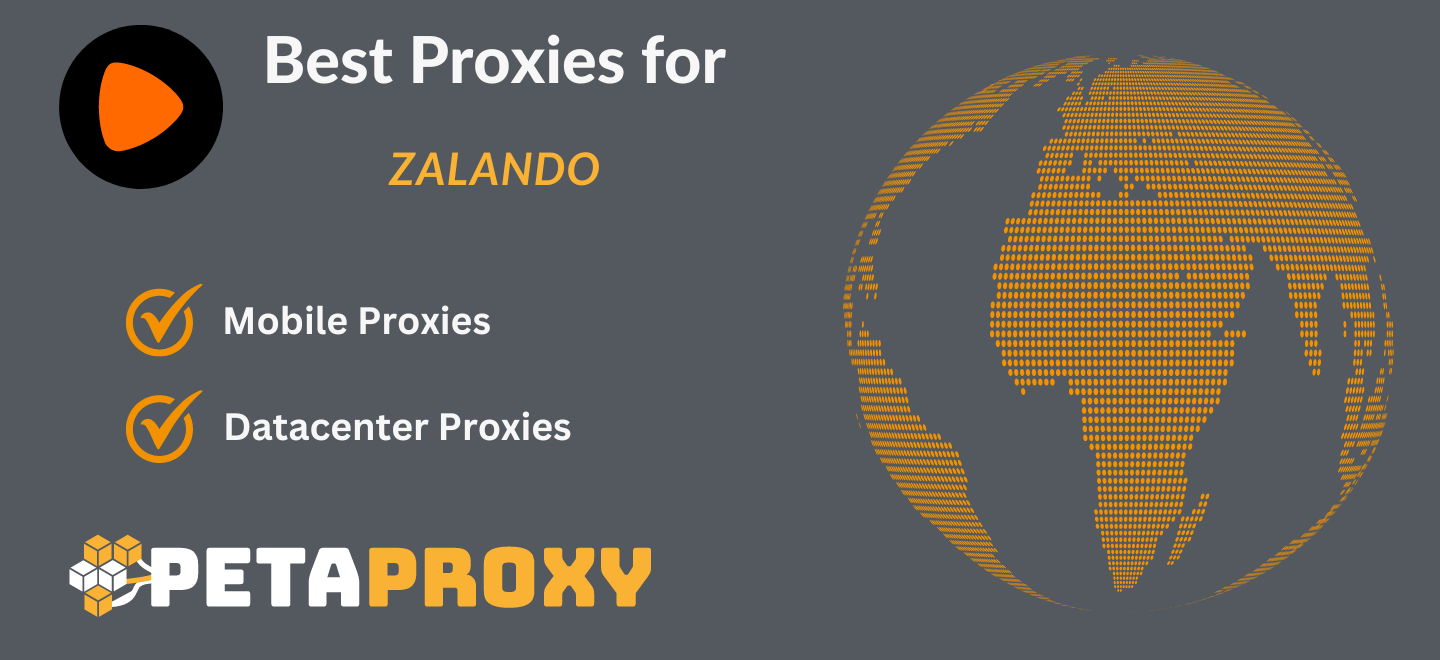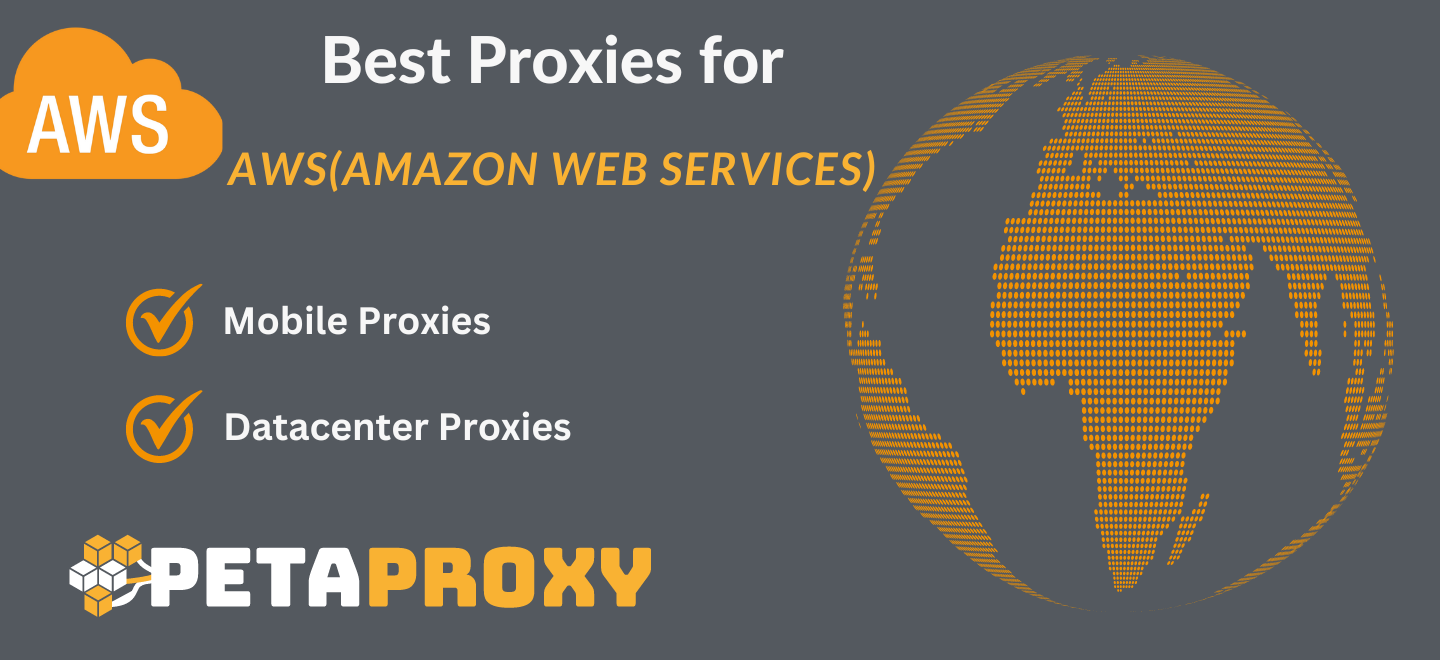In the ever-shifting terrain of online connectivity, where speed, security, and reliability are paramount, the decision to opt for either datacenter or mobile proxies becomes a pivotal factor in achieving optimal performance. This comprehensive guide seeks to navigate through the intricacies of these two proxy types, shedding light on their distinctive features and functionalities.
By delving into the nuances of datacenter and mobile proxies, our aim is to provide you with nuanced insights, enabling you to make informed decisions tailored to your specific needs in the dynamic realm of digital operations. As we unravel the complexities of this proxy showdown, you’ll gain a deeper understanding of how each proxy type influences online activities, ensuring that your choice aligns seamlessly with your objectives and elevates your online experience.
Understanding Datacenter Proxies

Scalability and Cost-Effectiveness
One of the primary advantages of datacenter proxies lies in their scalability. These proxies can be easily scaled up to accommodate growing demands without significant infrastructure changes. This scalability is particularly advantageous for businesses with evolving needs, allowing them to expand their operations seamlessly. Additionally, datacenter proxies are often more cost-effective compared to other proxy types, making them a practical choice for budget-conscious organizations.
Global Accessibility
Datacenter proxies offer a global perspective by providing access to servers in various locations around the world. This global accessibility is beneficial for businesses engaged in international activities or market research, enabling them to gather data from diverse geographic regions. The ability to connect to servers in different countries enhances the scope and effectiveness of online operations, making datacenter proxies a valuable asset for businesses with a global footprint.
Versatility in IP Address Rotation
Datacenter proxies provide users with the flexibility to rotate IP addresses as needed. This versatility is advantageous for tasks that require frequent IP changes, such as web scraping or bypassing CAPTCHAs or rate limits on websites. The ability to rotate IP addresses efficiently ensures continued access to online resources while mitigating the risk of IP-based restrictions or IP-bans and blocks.
Considerations for Restricted Websites
While datacenter proxies offer numerous benefits, it’s important to note that some websites may employ measures to detect and block traffic from datacenter IP addresses. This is commonly seen in websites with stringent security measures or those that want to prevent web scraping. Users should be aware of these considerations and implement appropriate measures, such as rotating IP addresses or using specialized proxy pools, to navigate such restrictions effectively.
Delving into Mobile Proxies

Enhanced Security Features
Mobile proxies bring an additional layer of security to online activities. The use of cellular networks, coupled with the dynamic nature of mobile IP addresses, makes it more challenging for malicious entities to trace or monitor user activities. This increased security is particularly beneficial for sensitive tasks such as online financial transactions or accessing confidential information.
Dynamic IP Rotation
One notable feature of mobile proxies is their ability to dynamically rotate IP addresses. This continuous change of IP addresses mimics the behavior of regular mobile users, preventing websites from flagging or blocking the proxy. This dynamic IP rotation is advantageous for tasks that require constant online presence without raising suspicion, such as web scraping or market research.
High Reliability and Availability
Mobile proxies exhibit high reliability and availability compared to other proxy types. Since they operate through cellular networks, users can maintain a stable and consistent connection, reducing the likelihood of service interruptions. This reliability is crucial for time-sensitive tasks, ensuring that online operations remain uninterrupted.
Cost-Effective Solution
While mobile proxies may initially seem costlier than datacenter proxies, their cost-effectiveness becomes apparent in certain scenarios. Businesses requiring geographically precise data or engaged in tasks that demand high levels of anonymity and security may find the advantages outweigh the associated costs. The efficiency and reliability of mobile proxies contribute to long-term savings by optimizing workflows and preventing disruptions.
The Showdown: Datacenter vs. Mobile
Speed vs. Anonymity
Choosing between datacenter and mobile proxies often involves a trade-off between speed and anonymity. Datacenter proxies excel in velocity, while mobile proxies prioritize discrete, residential-like connections.
Use Case Differentiation
Understanding your operations’ specific demands is crucial. Datacenter proxies suit high-speed tasks, while mobile proxies thrive where a residential IP and geographic precision are essential.
Cost Considerations
Balancing performance and budget is key. Datacenter proxies offer a cost-effective solution for high-speed requirements, while mobile proxies, with their residential feel, may incur slightly higher costs but provide unparalleled anonymity.
Making the Right Choice
Assessing Your Needs
To emerge victorious in the proxy showdown, meticulously assess your requirements. Determine whether speed, anonymity, or geographic precision takes precedence in your operations.
Conclusion
In the dynamic realm of proxy selection, the battle between datacenter and mobile proxies rages on. Armed with a nuanced understanding of their disparities, you can now make an informed decision, ensuring your online operations stand unassailable in both speed and security. Choose wisely, and let your proxy strategy become the linchpin of your digital success.






